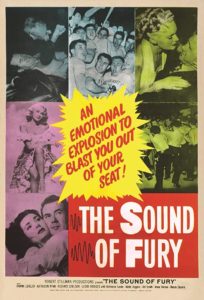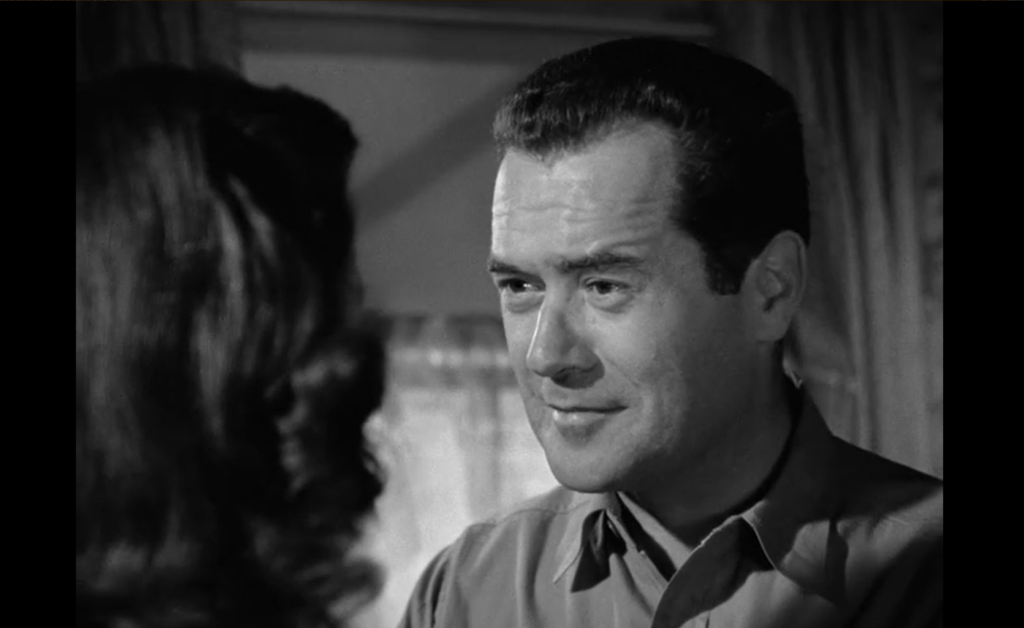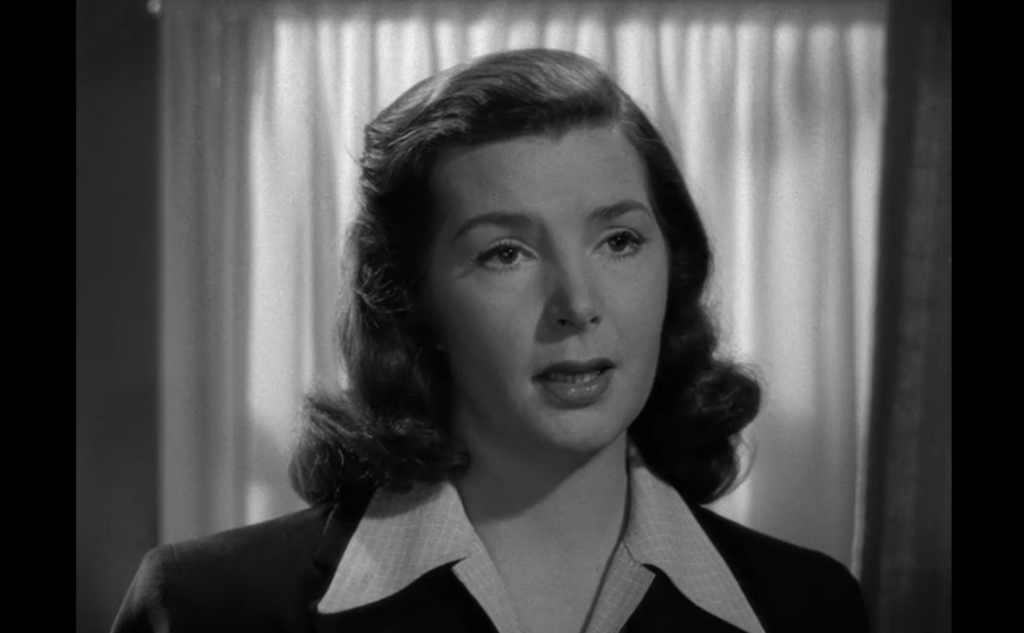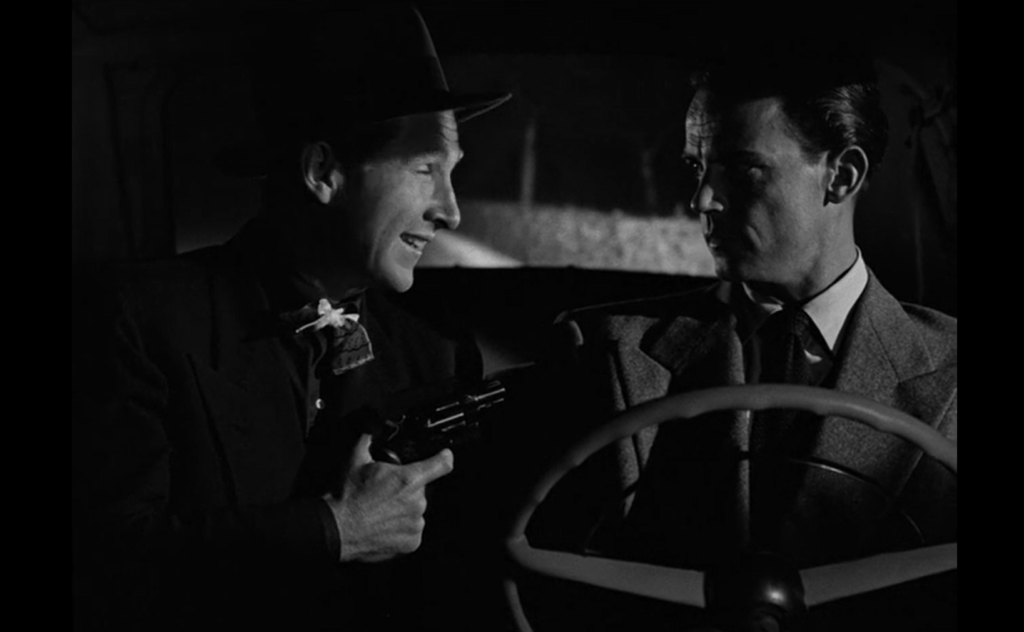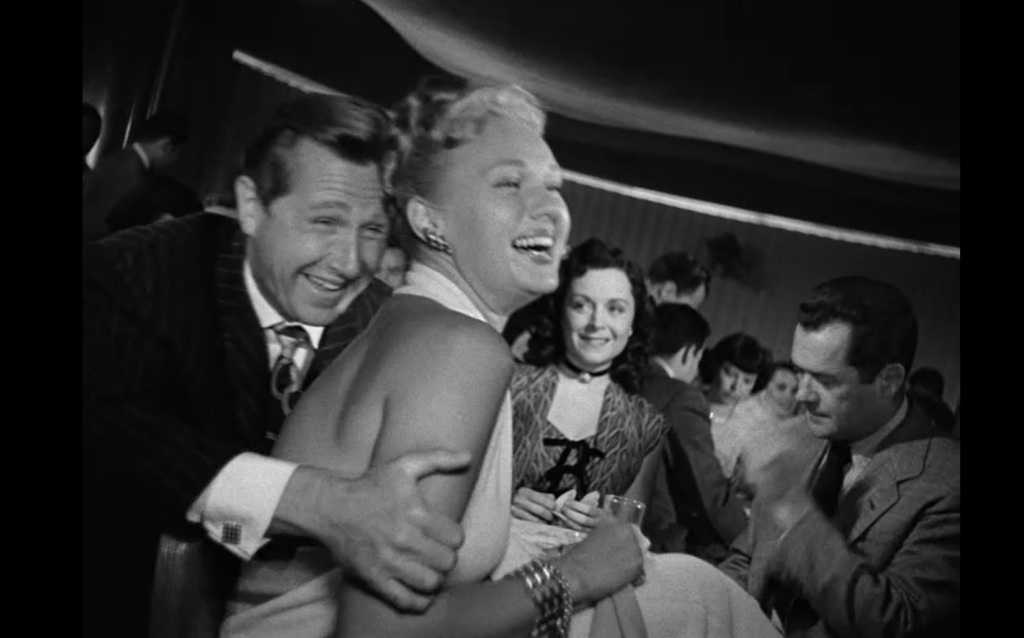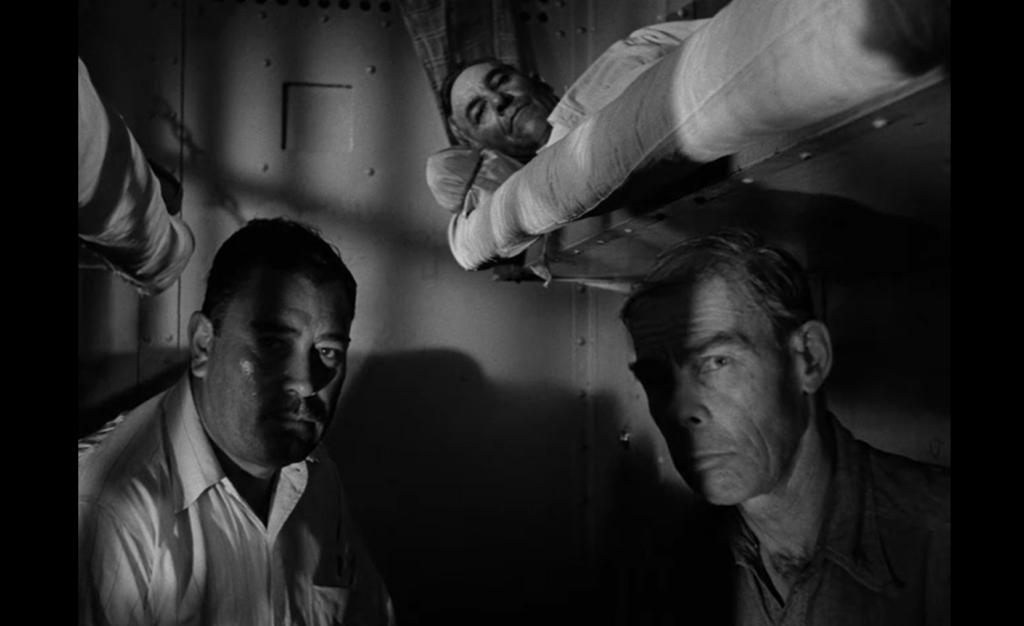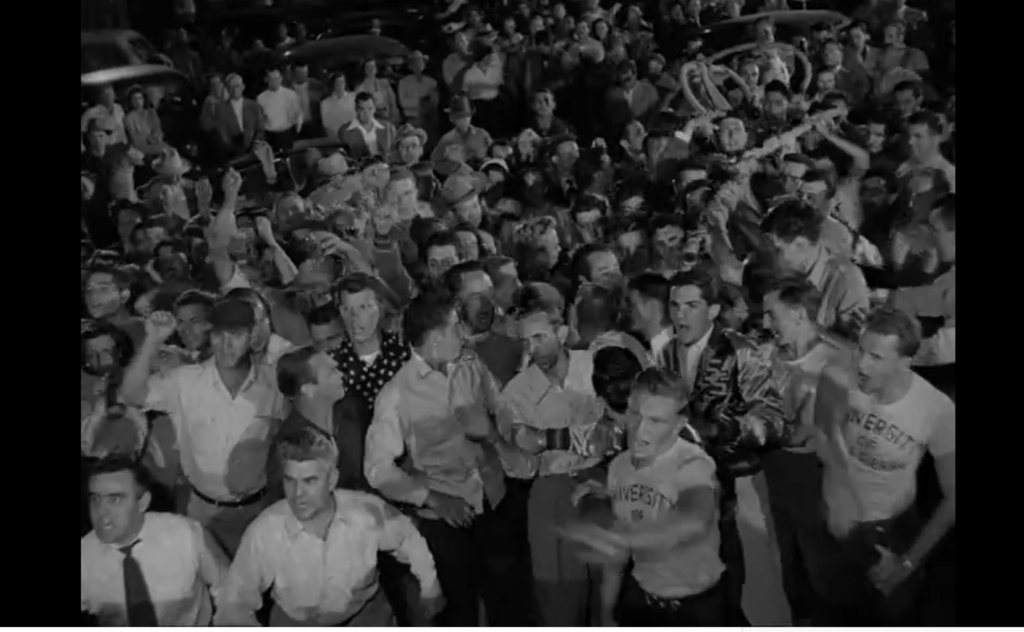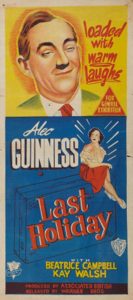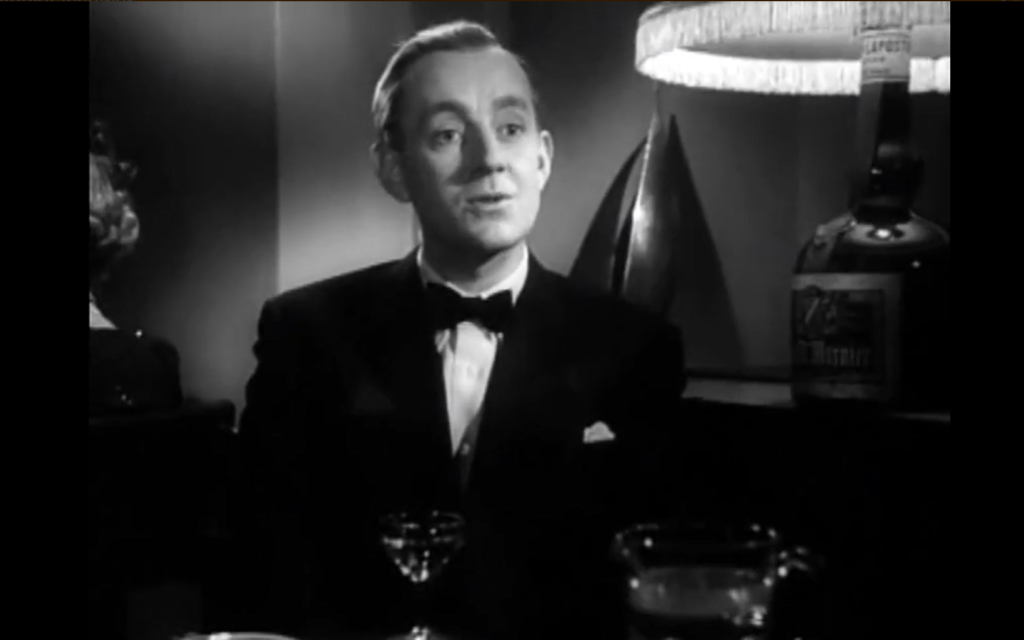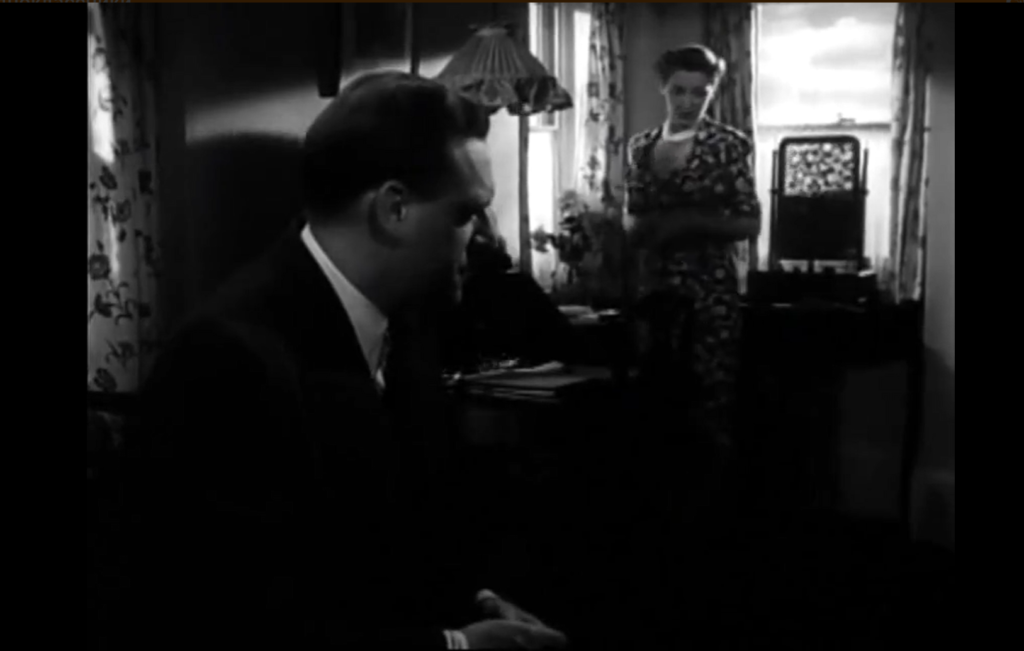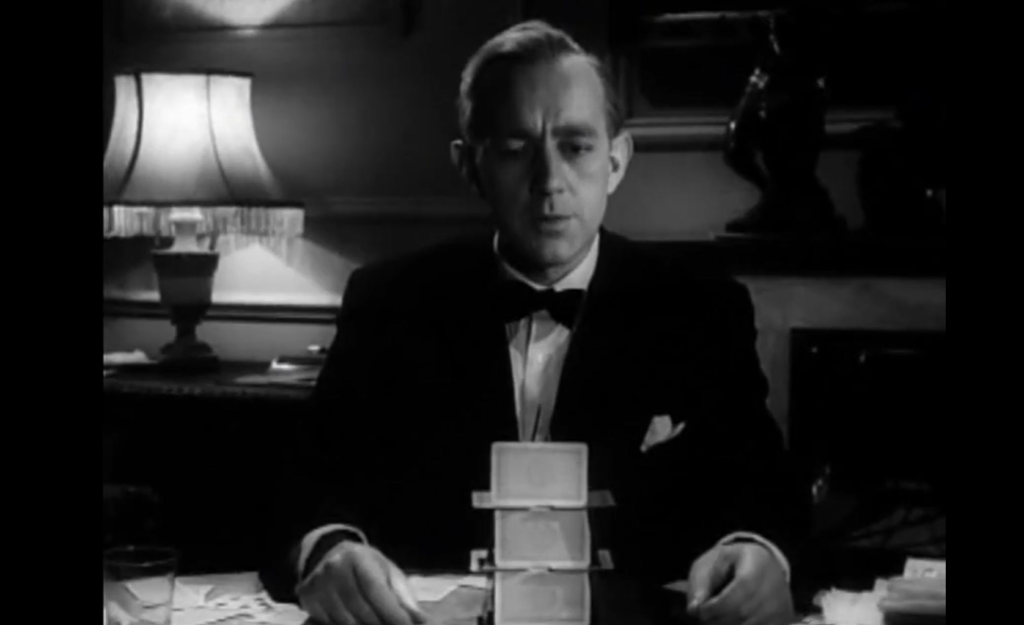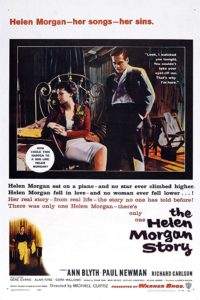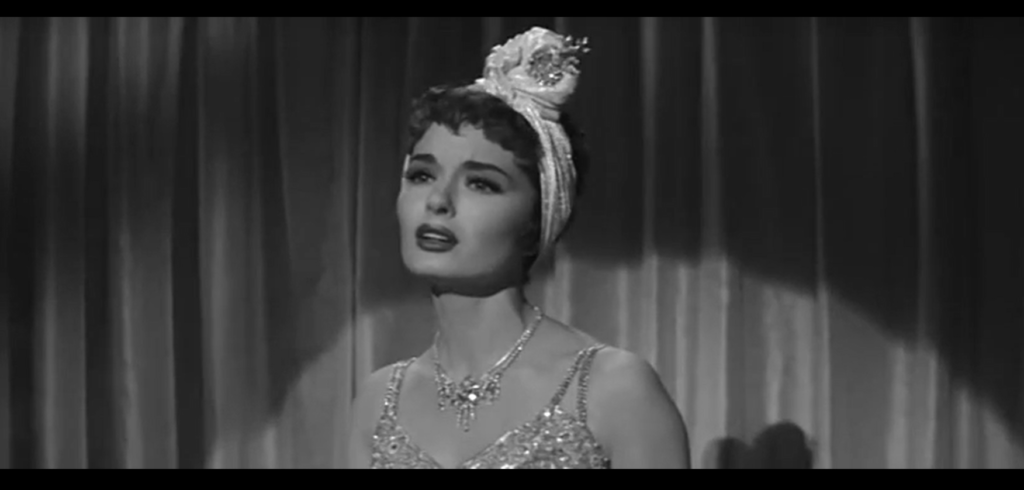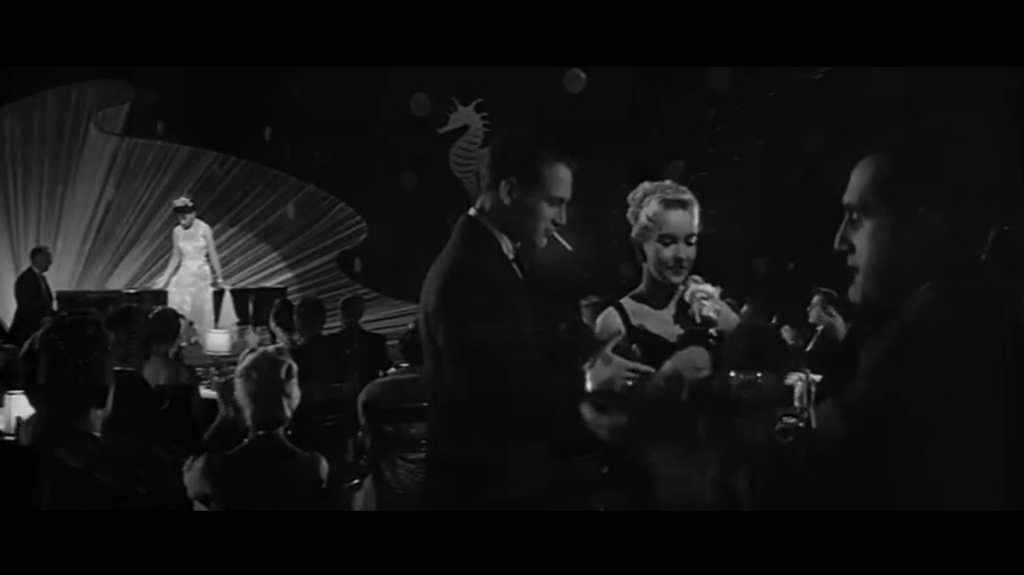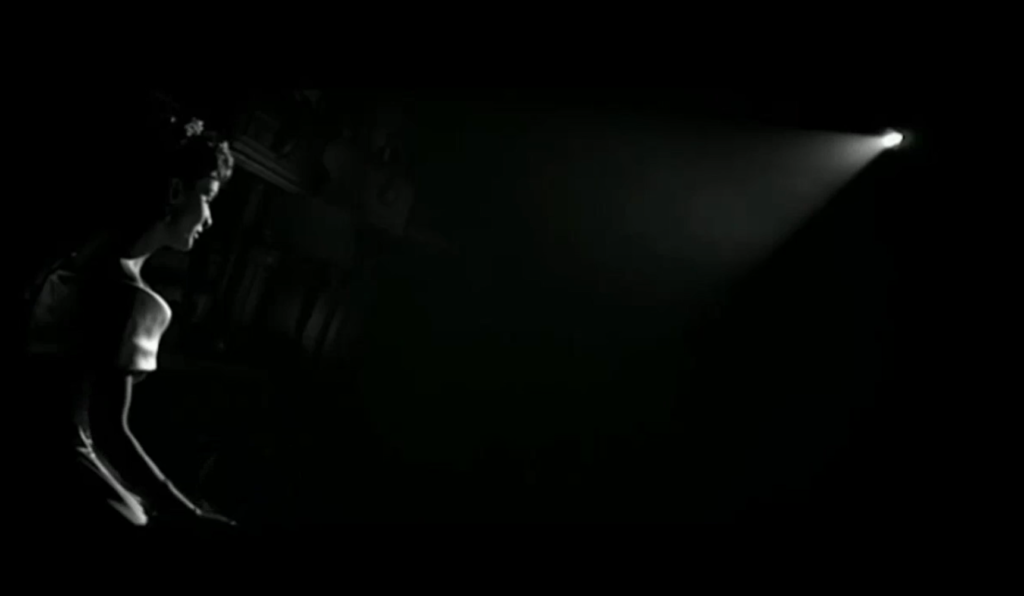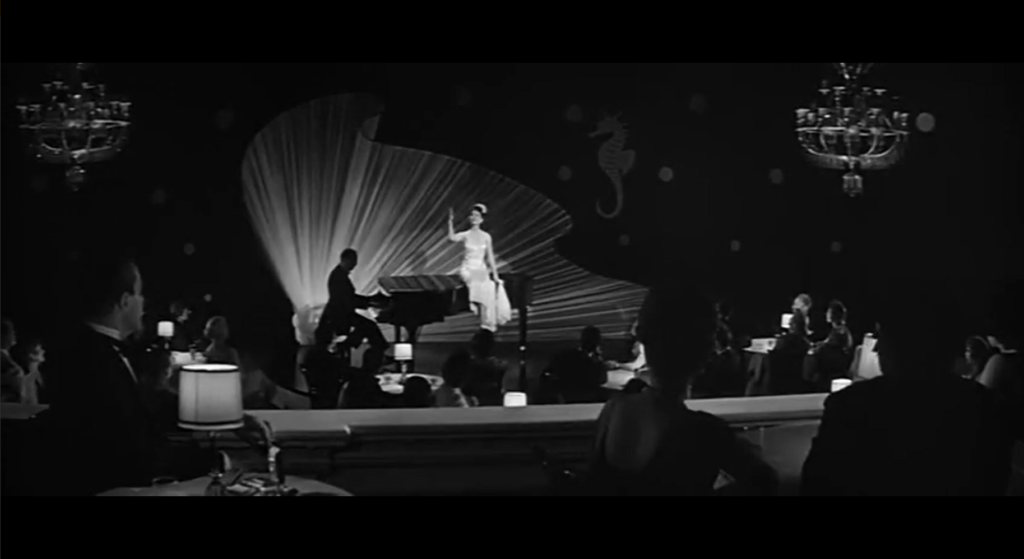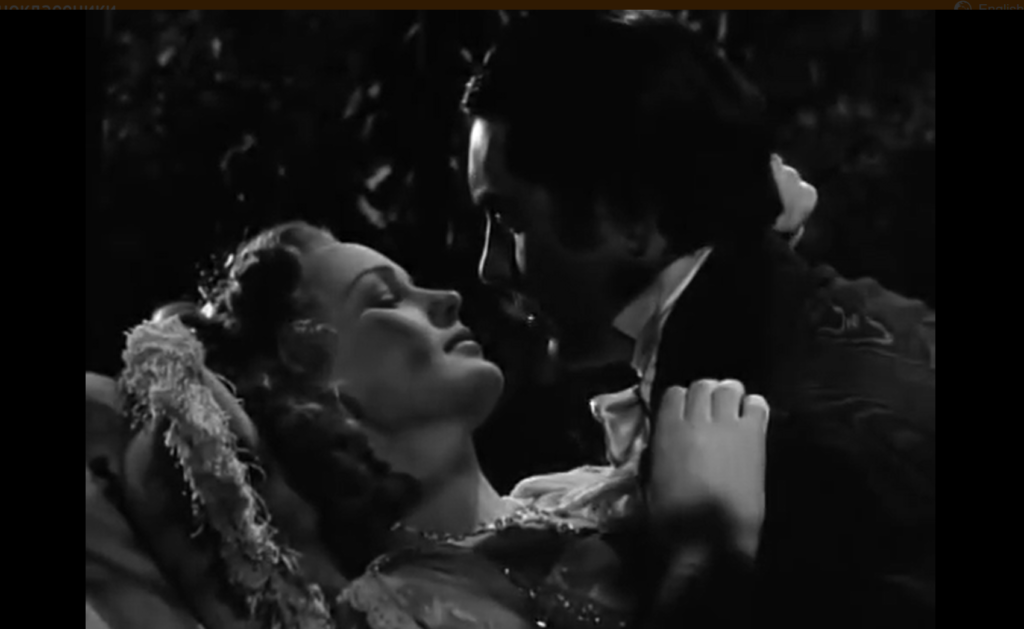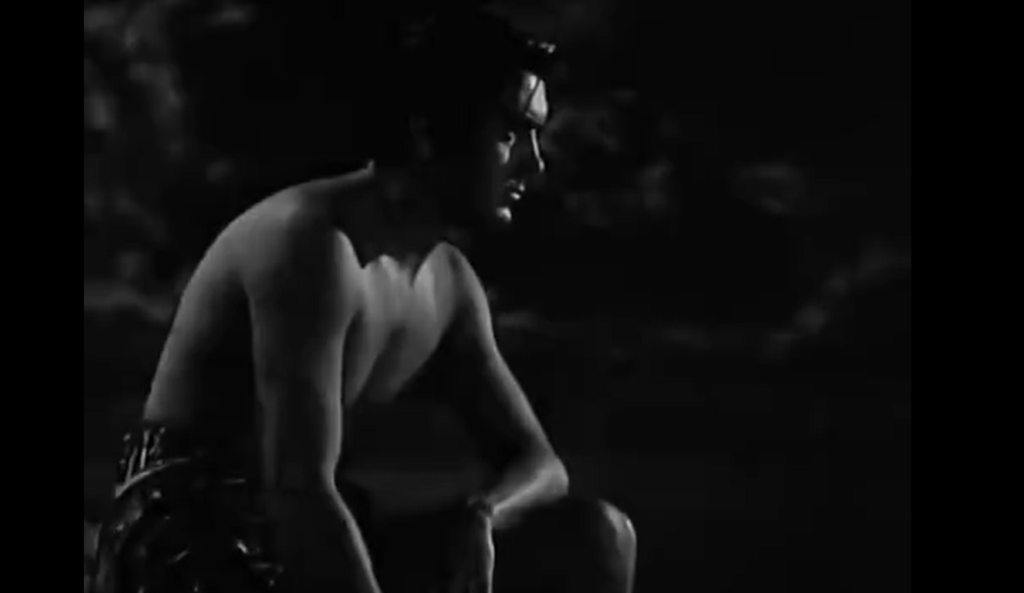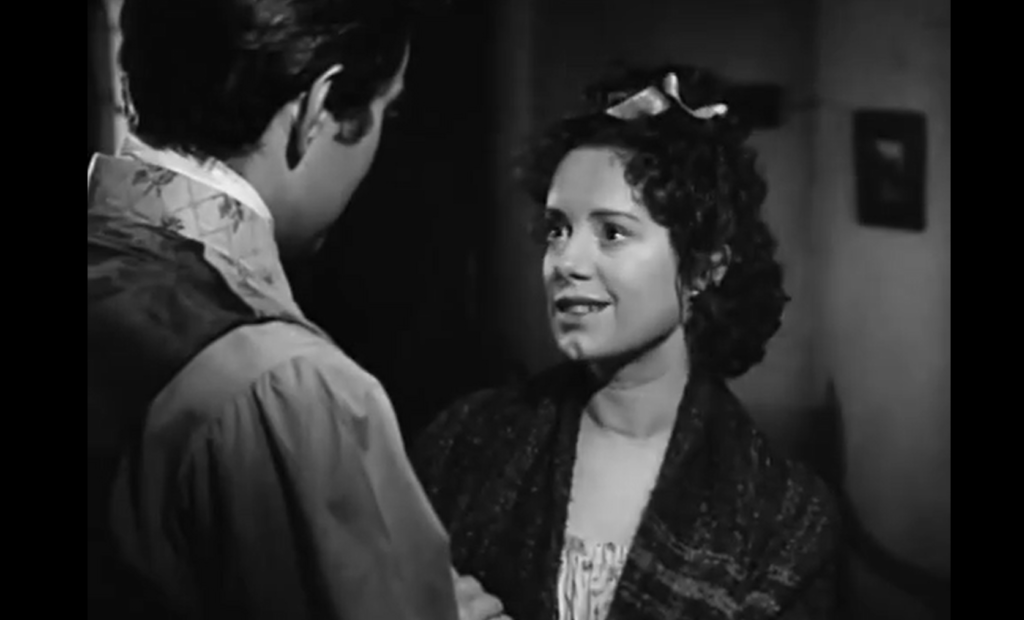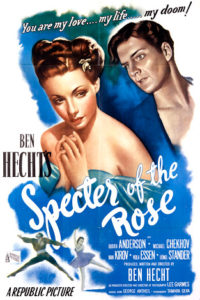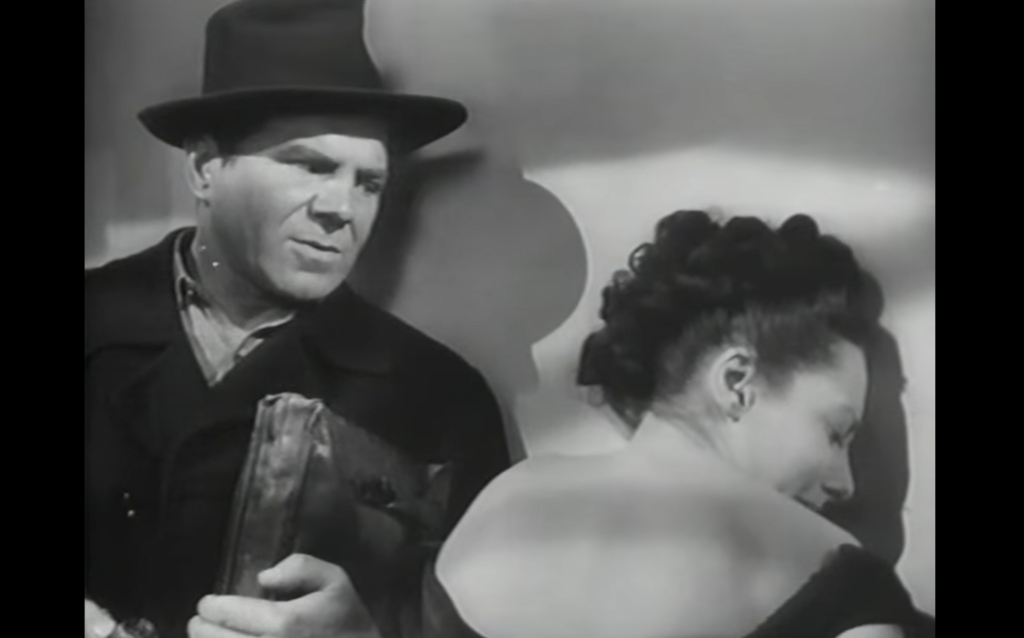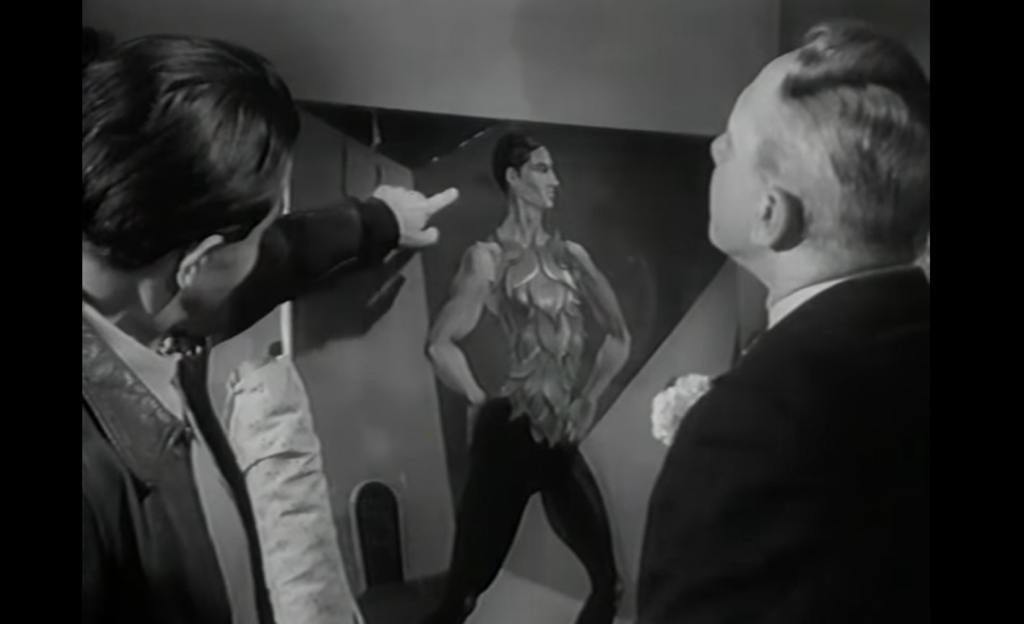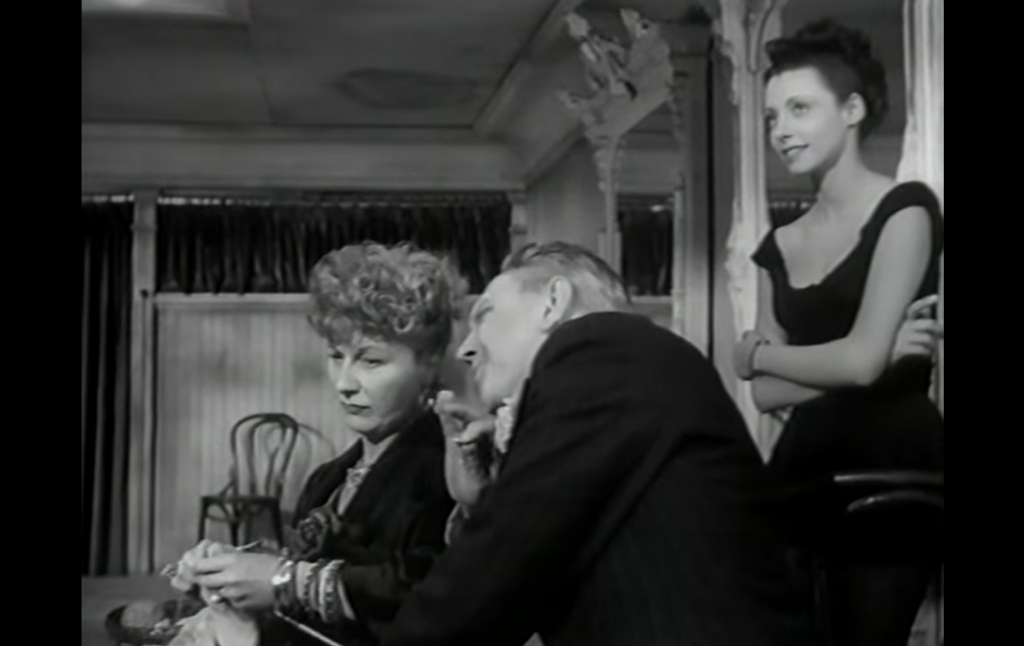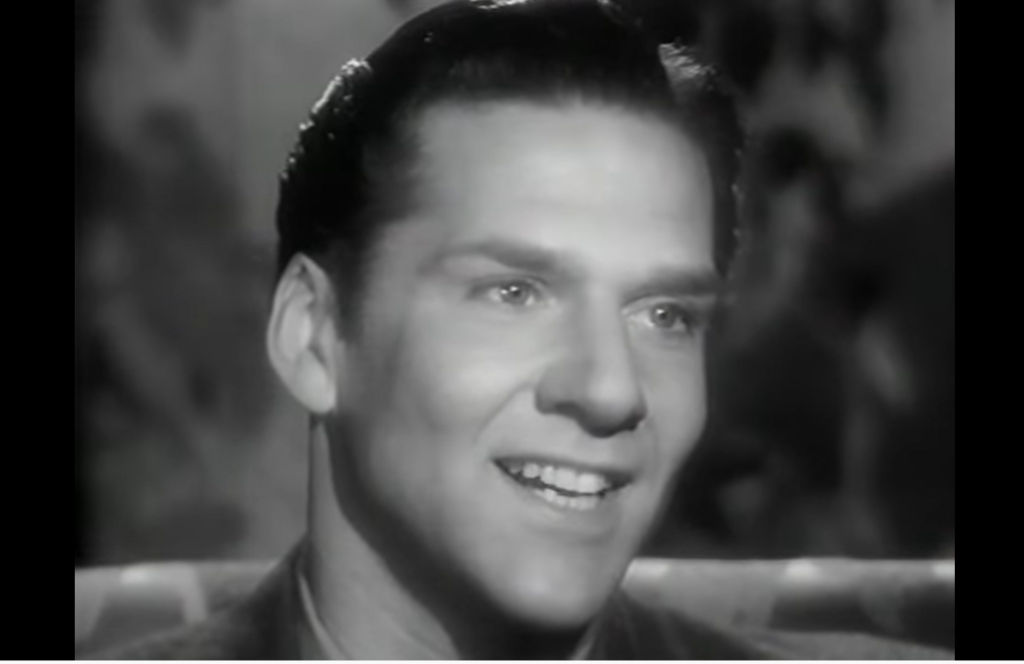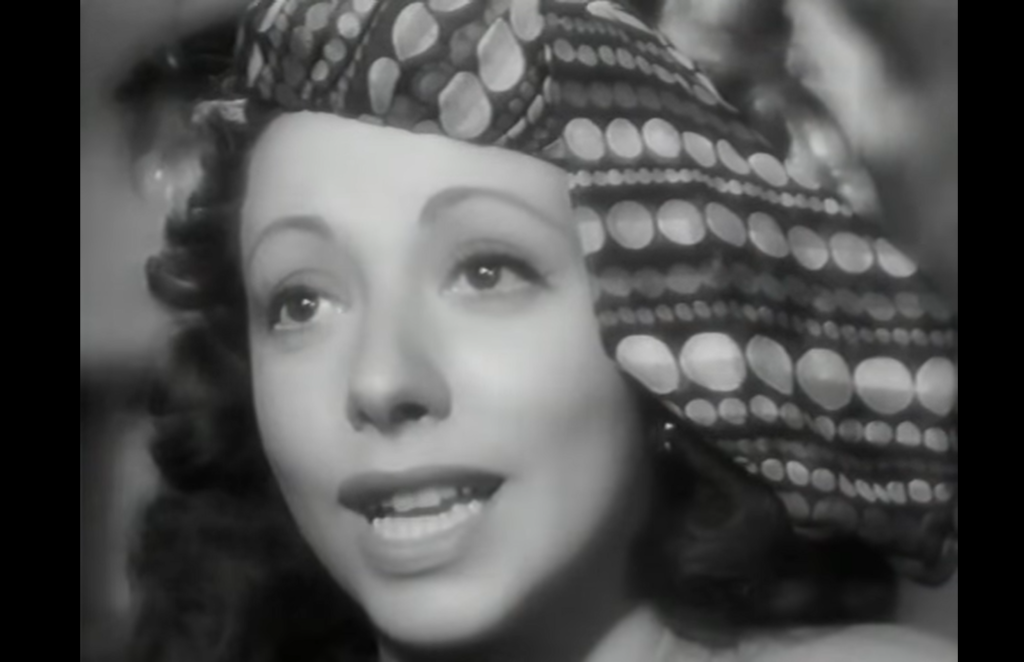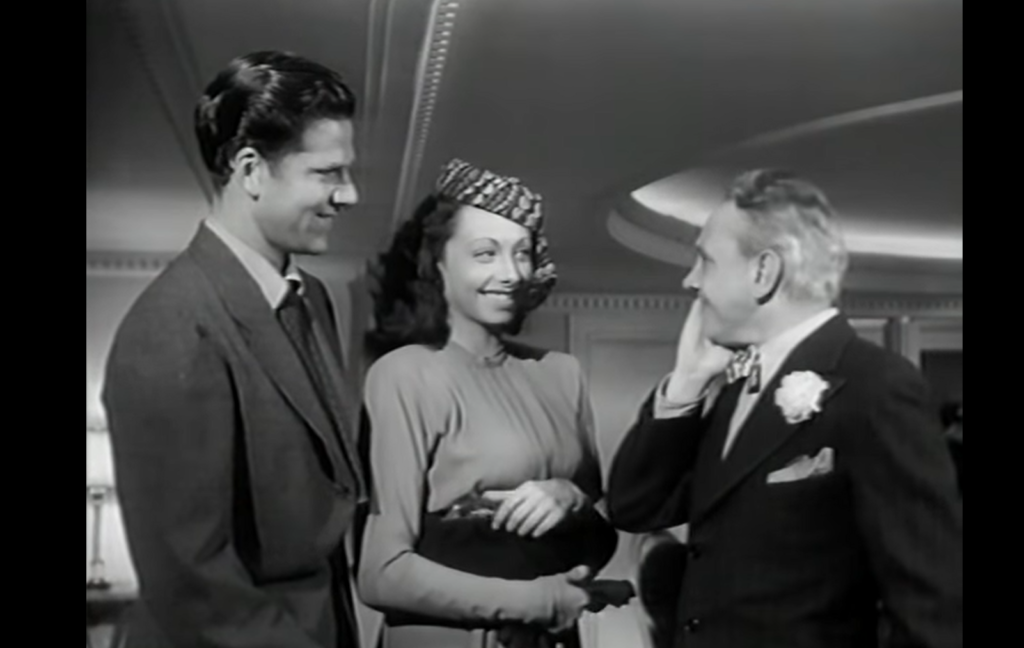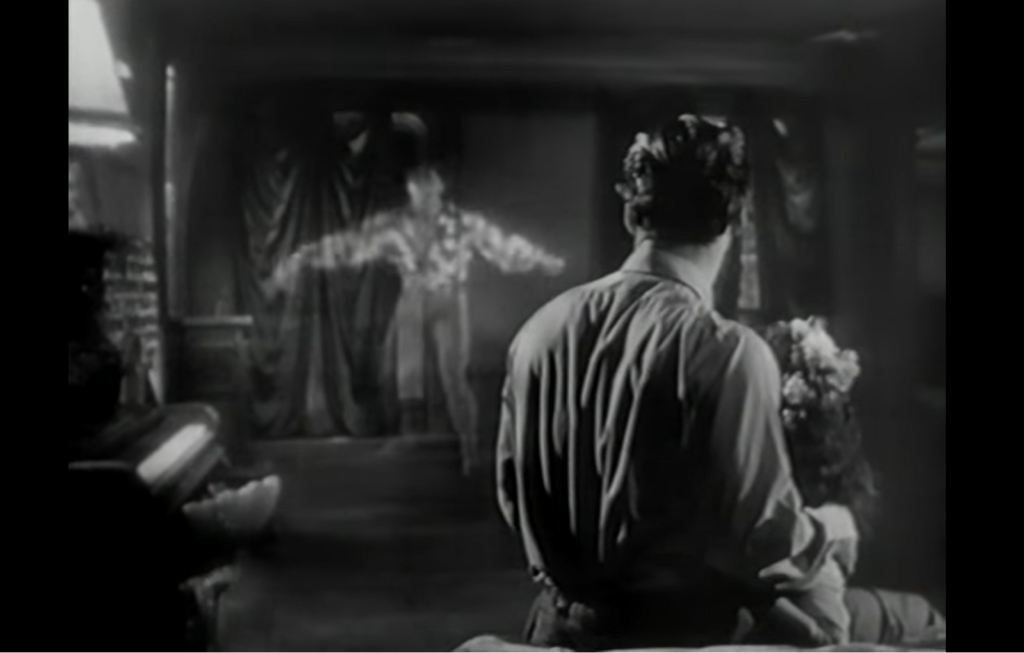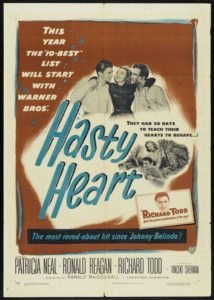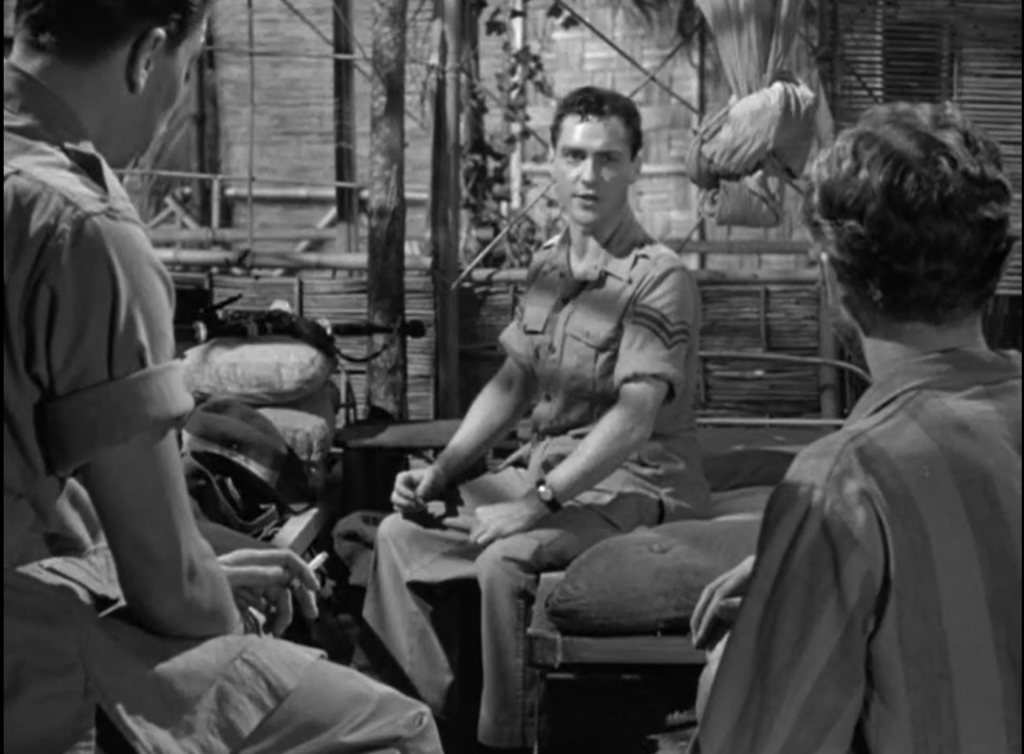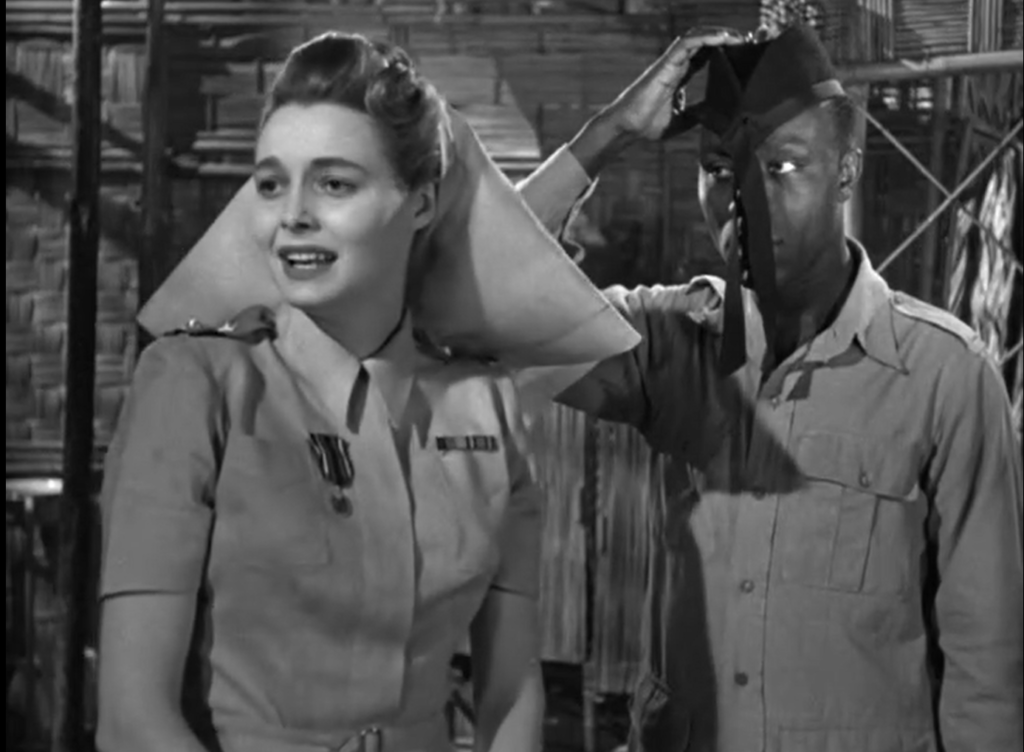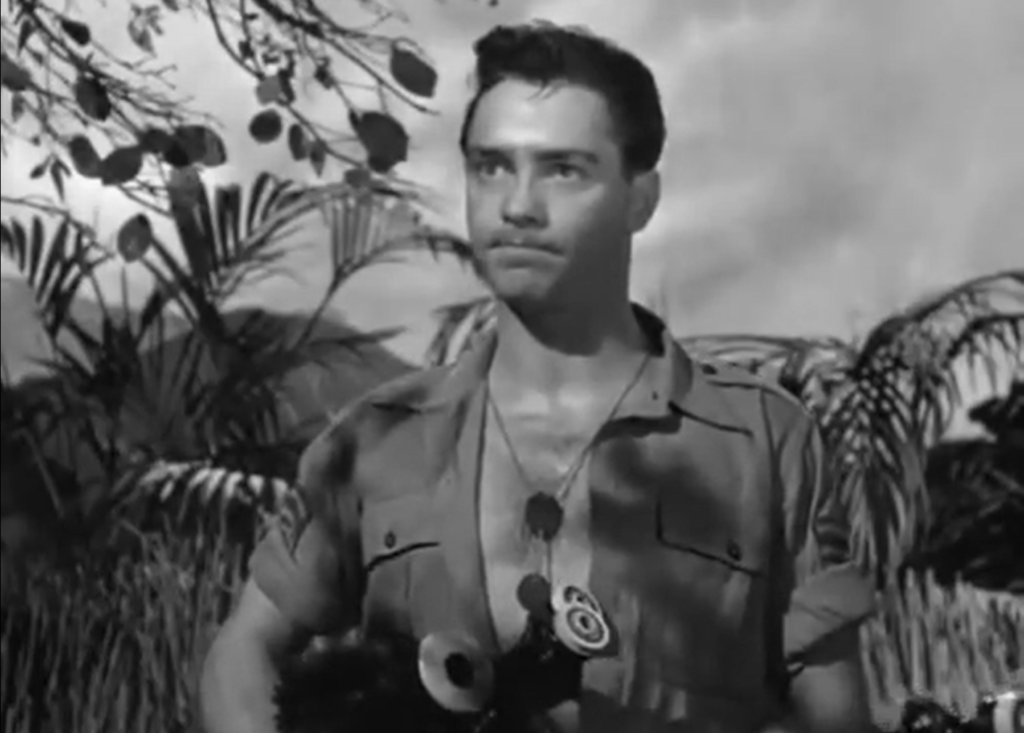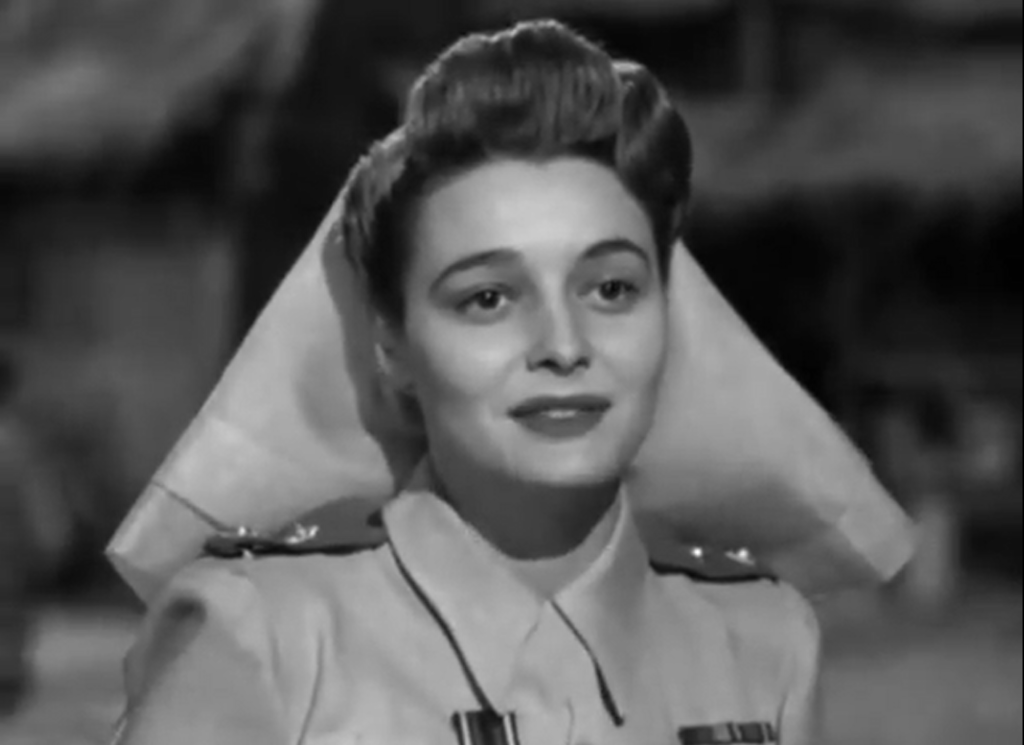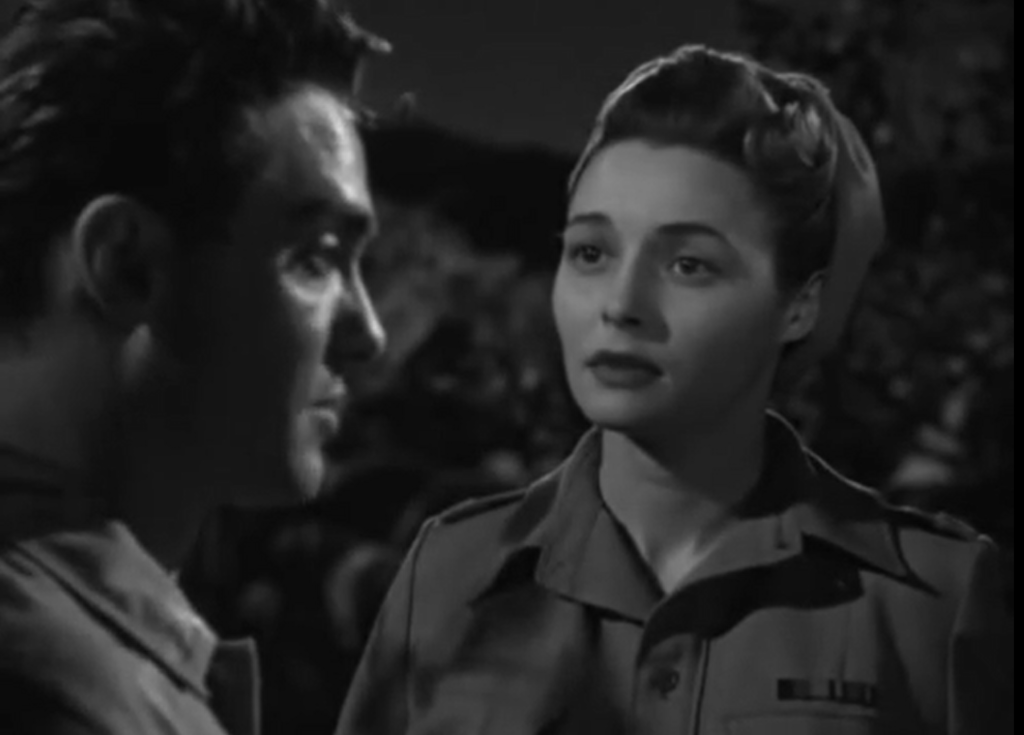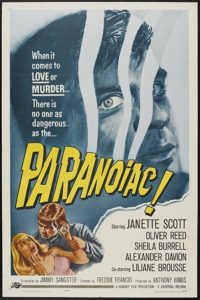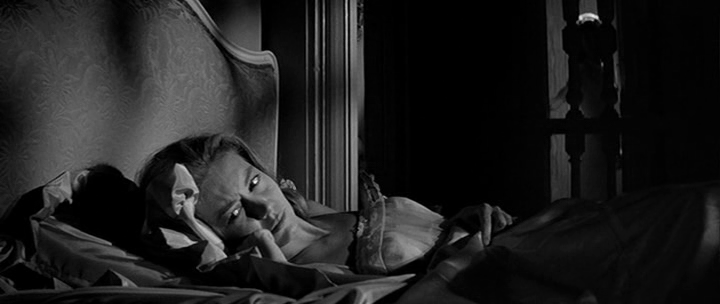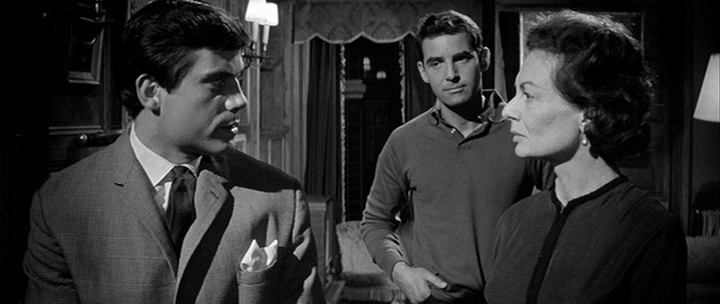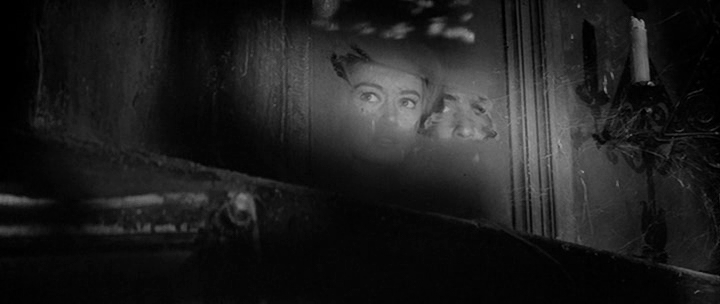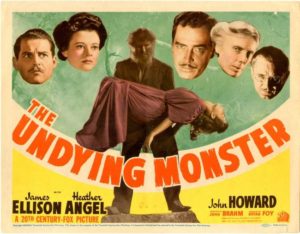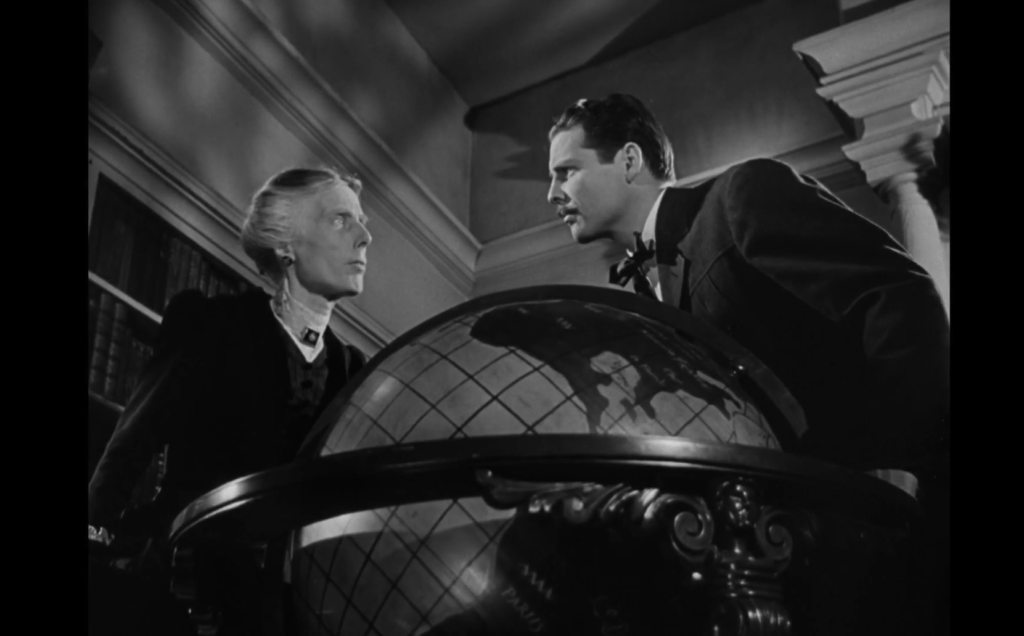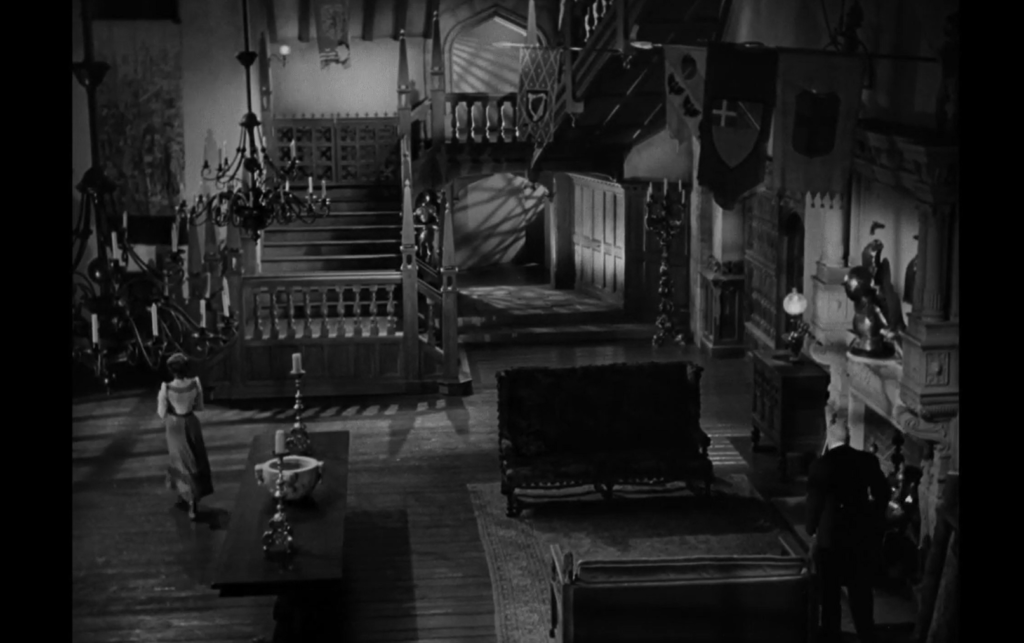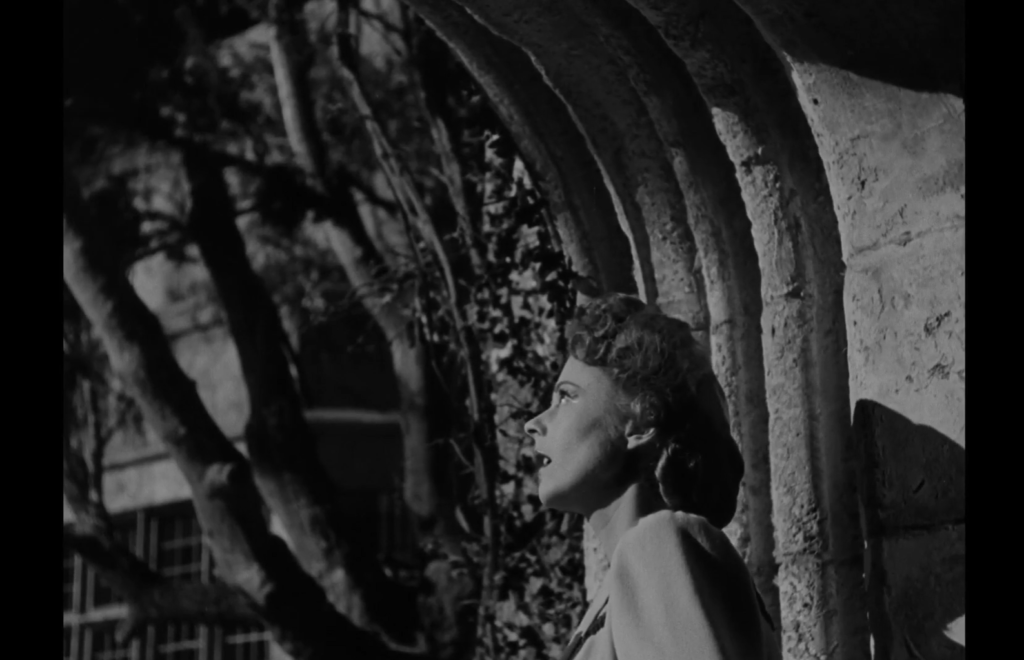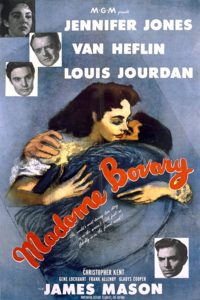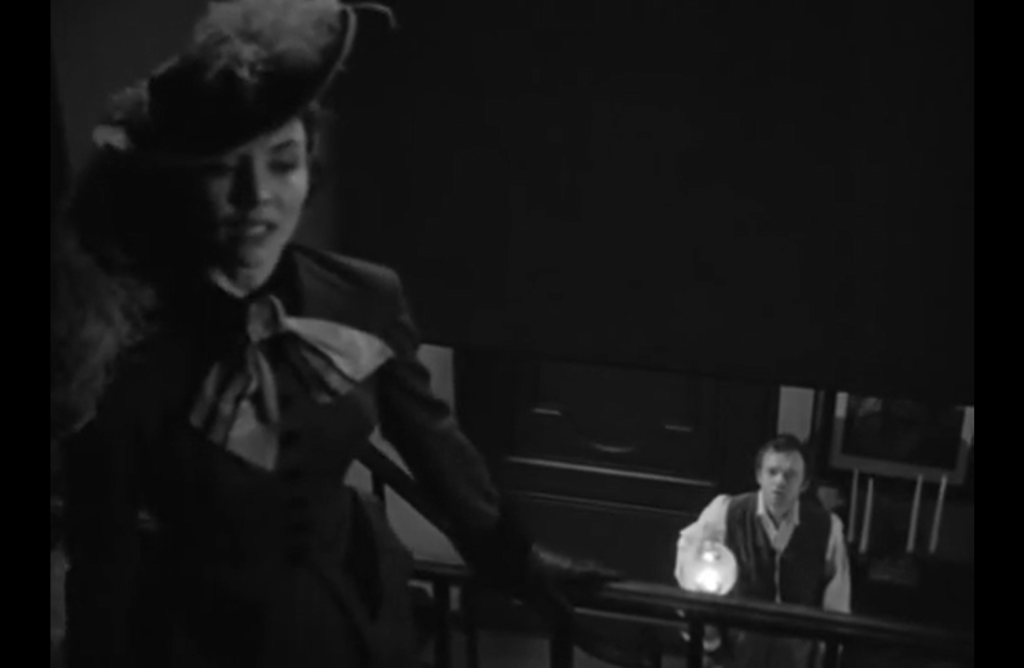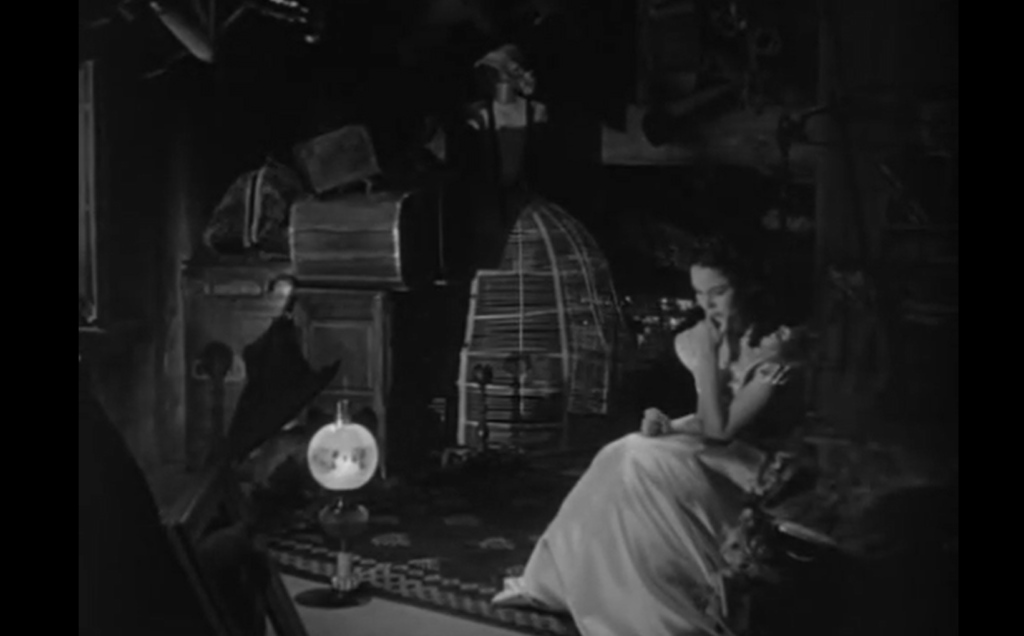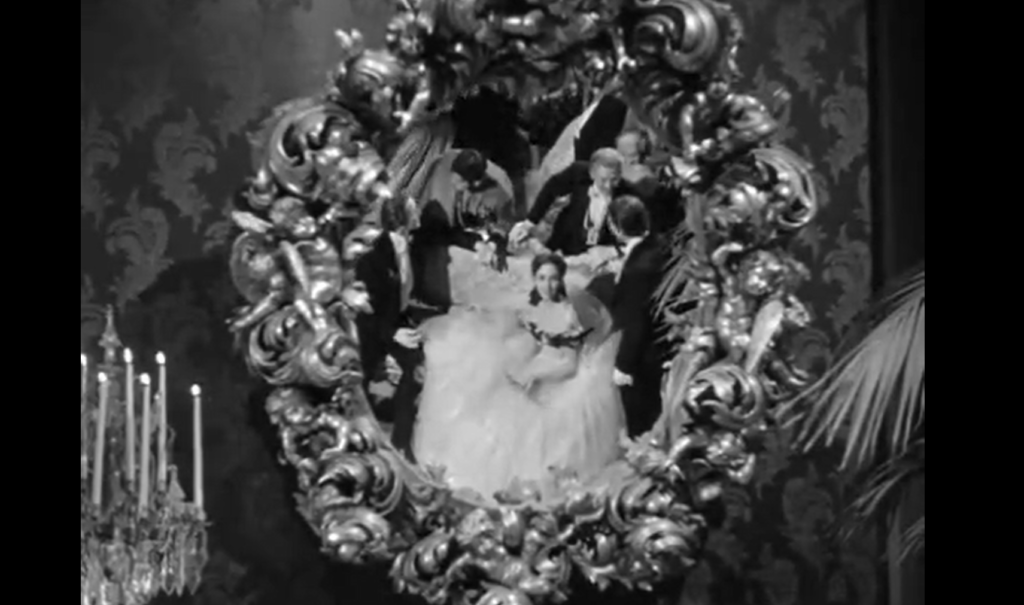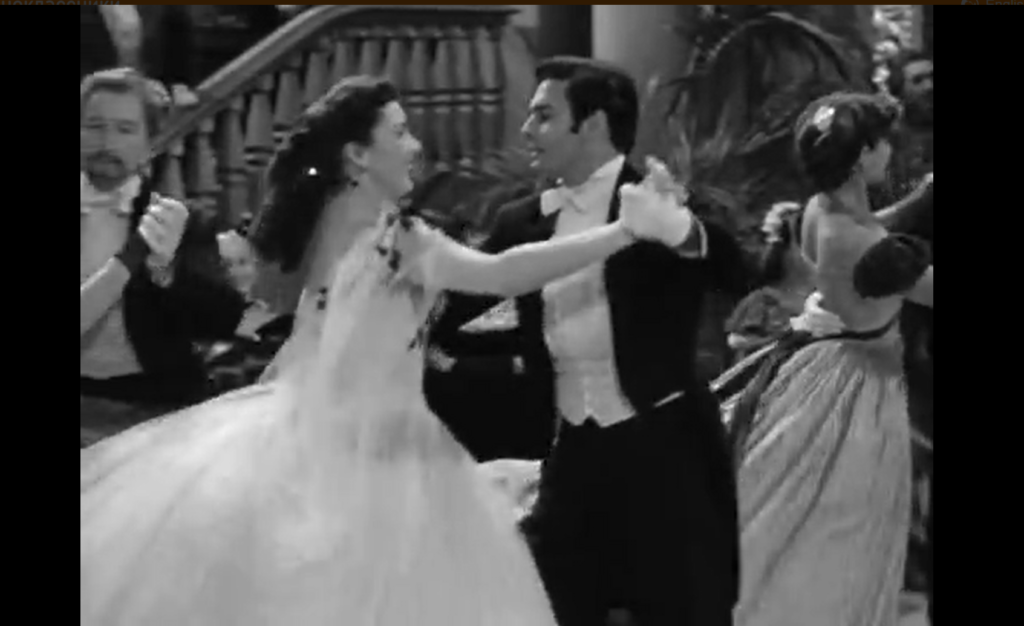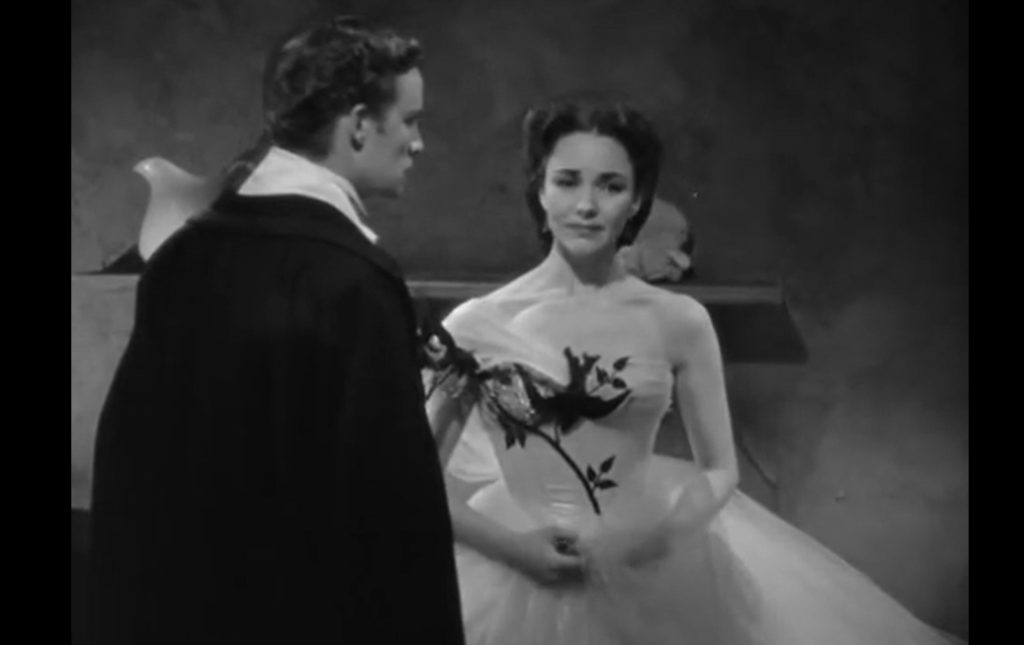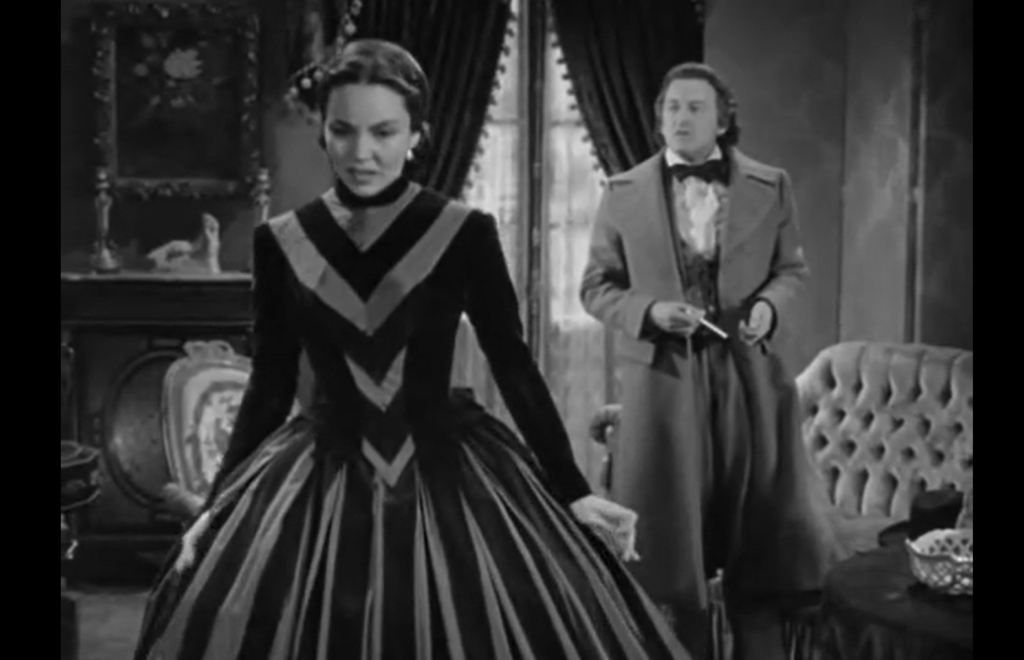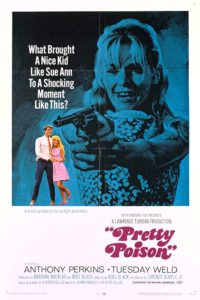|
Genres, Themes, Actors, and Directors:
- Anthony Perkins Films
- Black Comedy
- Ex-Cons
- Femmes Fatales
- Mental Illness
- Romance
- Tuesday Weld Films
Response to Peary’s Review:
Peary writes that this “sometimes violent black comedy” — “written by Lorenzo Semple (from Stephen Geller’s novel), and directed by Noel Black” — is “one of the few still-sparkling gems of the late sixties”, and notes it’s a “terrific film” with a “cult following” (he writes about it at length in his first Cult Movies book). He points out the “sharp humor scattered throughout its serious framework”, writing that “its style reminds [him] of William March’s The Bad Seed” — indeed, “17-year-old Sue Ann [Weld] might well be the diabolical eight-year-old Rhoda Penmark grown up.” Peary asserts that that “picture’s theme, as reflected in the paradoxical title and as embodied by Sue Ann, is that paranoid America is not so much in danger from foreigners as it is from evil, epidemic-like forces that are spreading in America’s heartland”, with the “small, peaceful Massachusetts town” where the film takes place “a microcosm of a sick, self-destructive America.” He adds that “Weld is great and Perkins matches her, properly playing Dennis as a man who is very much a boy.”
In his Alternate Oscars, Peary names Weld Best Actress of the Year for her portrayal as “a typical American teenage innocent, a pretty, high-spirited blonde, who is on the honor roll, takes hygiene classes, and carries the American flag while marching with her school band”, but who actually represents psychopathy hiding in plain sight. He posits that “as Sue Ann grew up she refined, even perfected, her evil, keeping it veiled under a cheery veneer” — and now it “corresponds with her sexual amorality”. Weld “gives Sue Ann the comic edge to match Perkins’ oddball Dennis”: “no matter what ludicrous idea Dennis cooks up, Sue Ann is willing; in fact, she’s one scheme ahead of him”, and “no one is better than Weld at showing excitement at acquiring things”. Peary reminds us that after her debut role in Rock! Rock! Rock! (1956), Weld was best known for her “memorable, money-hungry” character “Thalia Menninger on television’s The Many Loves of Dobie Gillis — her prototypical role — and her manipulative teenager in Lord Love a Duck.”
In Cult Movies, Peary elaborates upon Perkins’ character Dennis, noting he “reminds [him] of the scene in Psycho (1960) in which Perkins, as Norman Bates, loses his cockiness when the car containing Janet Leigh’s body momentarily fails to sink in the lake. At this moment, Norman realizes that he can be caught”, just as he is time and again in Pretty Poison. Speaking of Psycho, Stuart Galbraith IV points out in his review for DVD Talk that, “For 1968 audiences, part of the film’s surprise is that it completely flip-flops audience expectations. They were still avoiding those late-night, home alone showers in the wake of Psycho, so Anthony Perkins in another fresh-out-of-the-nuthouse role strongly suggested another Norman Bates-like character” — whereas his character here actually elicits “relative sympathy” compared to Sue Ann, thus throwing “audiences off-balance”. Also of note is the small but crucial supporting role played by Beverly Garland, giving a “deliciously cold performance” as Weld’s shrewish mother; we understand Weld’s animosity towards her, but also feel sympathy about her untimely demise given that she’s “being nice to Sue Ann for the only time in the picture”.
Redeeming Qualities and Moments:
- Tuesday Weld as Sue Ann
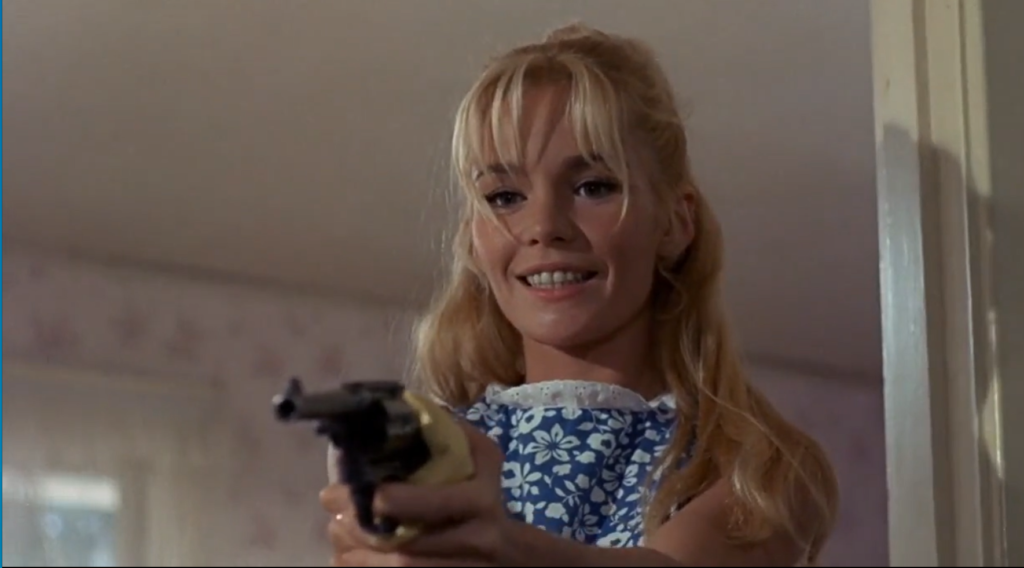
- Anthony Perkins as Dennis
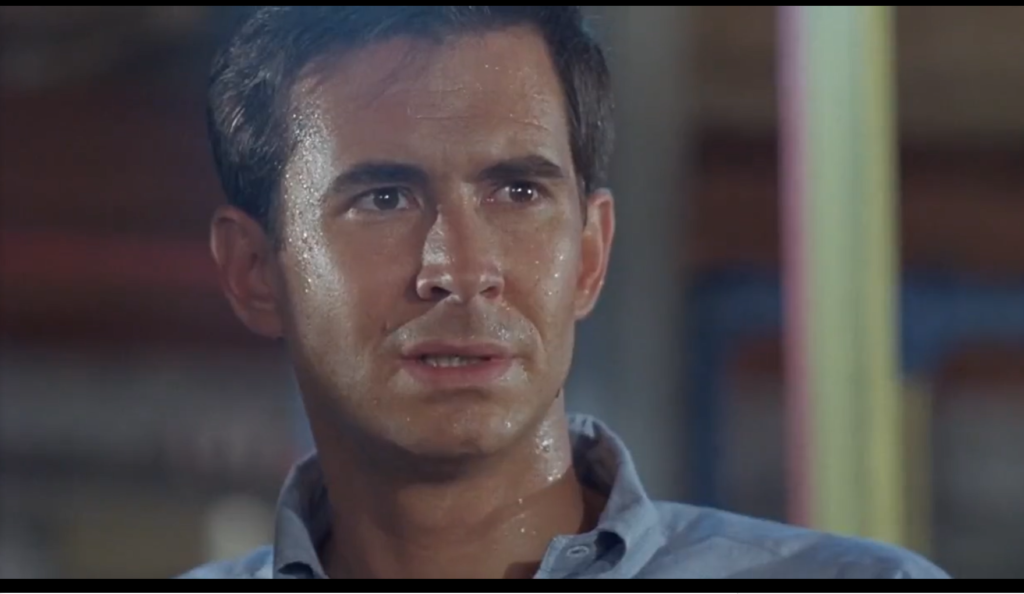
- Beverly Garland as Mrs. Stepanek
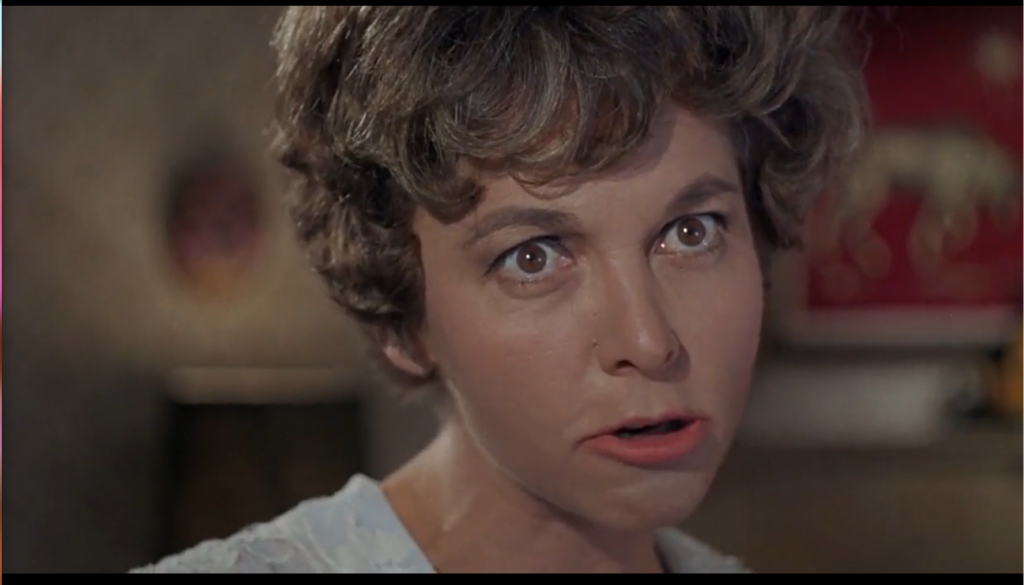
- Fine cinematography
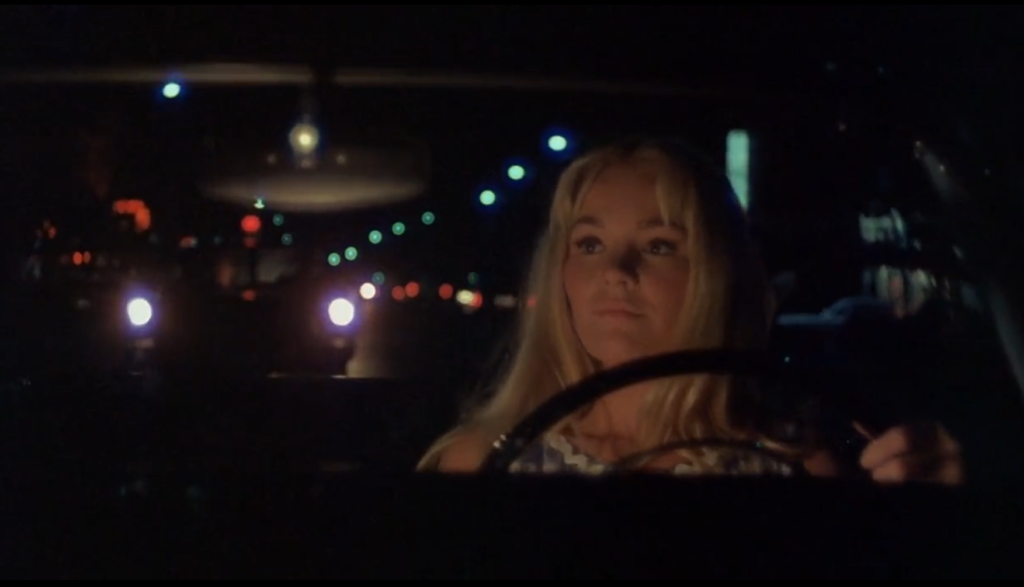
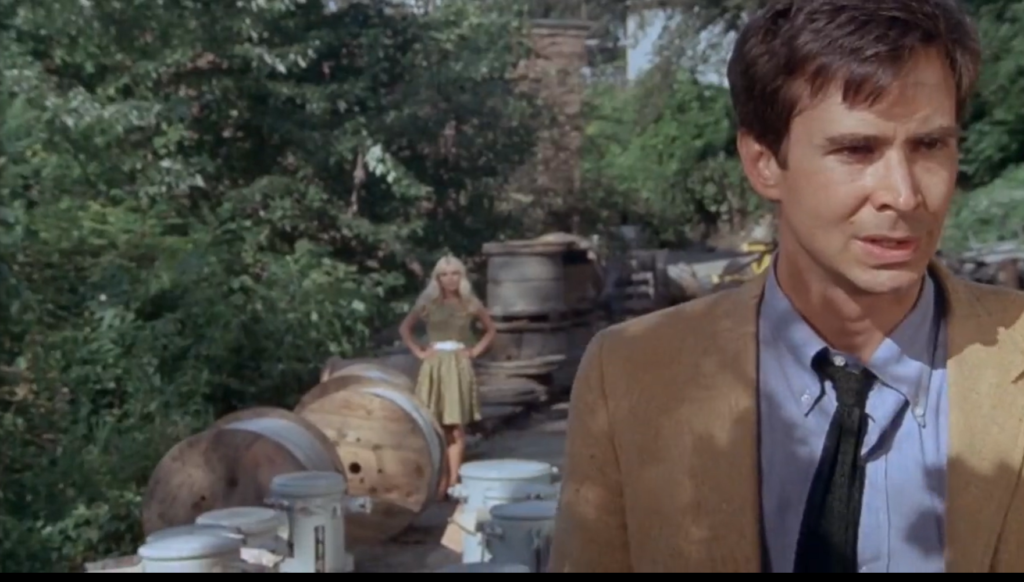
Must See?
Yes, as a still-enjoyable cult favorite.
Categories
Links:
|
